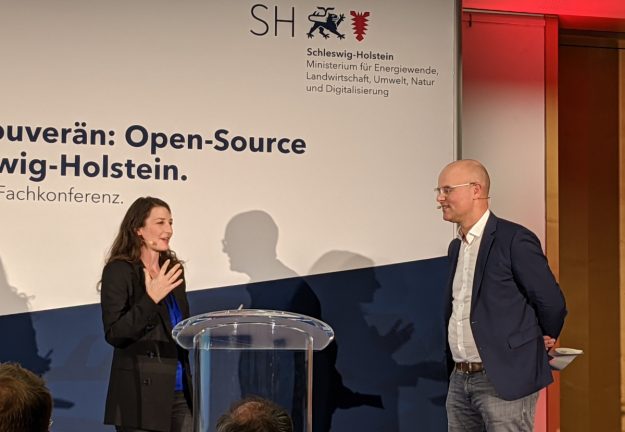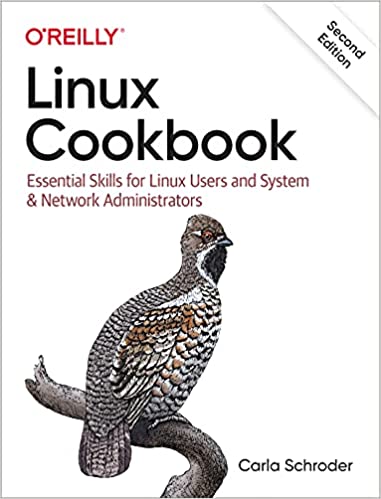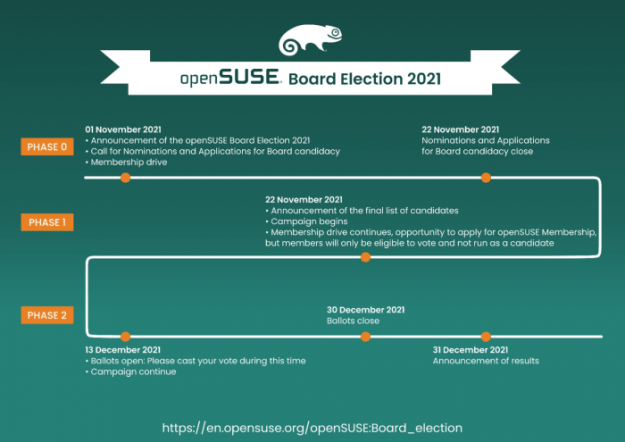Not only will you get to learn things you maybe don't know about Linux, you might win a copy of Linux Cookbook SE, or some amazing swag!
Posts published in “Operating Systems”
AlmaLinux Now Has Mailing Lists for Both Users and Devs
AlmaLinux has opened some doors to make it easier for its community to stay in touch with the Linux distribution. The CentOS Linux replacement, AlmaLinux,…
A German State Is Saying Goodbye Windows, Hello Linux
The state parliament of Schleswig-Holstein in Northern Germany has already produced plans to make the state government almost 100% open source by the end of 2026.
Tux’s Favorite Recipes: Enticing Snippets from the New ‘Linux Cookbook, 2nd Edition’
The recipes that Carla Shroder shares here only begin to scratch the surface of what's in the Second Edition of her classic guide to Linux.
Mozilla Plays Matchmaker: Microsoft Store Now Offers Firefox for Windows 10 and 11
A dozen years ago, the notion of Microsoft making it easier for Windows users to use open source software would've been unthinkable.
AlmaLinux 8.5 Is Out, Less Than 48 Hours After Latest RHEL Release
Users can download now for on-premises and edge installations. Images for AWS, Azure, GCP and other clouds will be available soon. Less than 48 hours…
OpenSUSE is Looking for Candidates to Run for Its Board
Two seats on the board at openSUSE are up for grabs. Candidates will be announced on November 22, and voting begins on December 13.
Why I Wrote the Linux Cookbook, Second Edition
Spoiler alert: "Most tech authors don't write to make money. We write to share cool stuff."
Project Trident, a Linux Distribution with BSD Roots, Shuts Down
Project Trident's default Lumina desktop environment is unaffected by this development and will continue to be developed and maintained for Linux and BSD users.
AlmaLinux Announces ‘ELevate’ For CentOS 7 to AlmaLinux 8 Migrations
It's now easier to migrate from CentOS 7 to AlmaLinux 8, Oracle Linux 8, or Rocky Linux 8, thanks to a new project from AlmaLinux.







